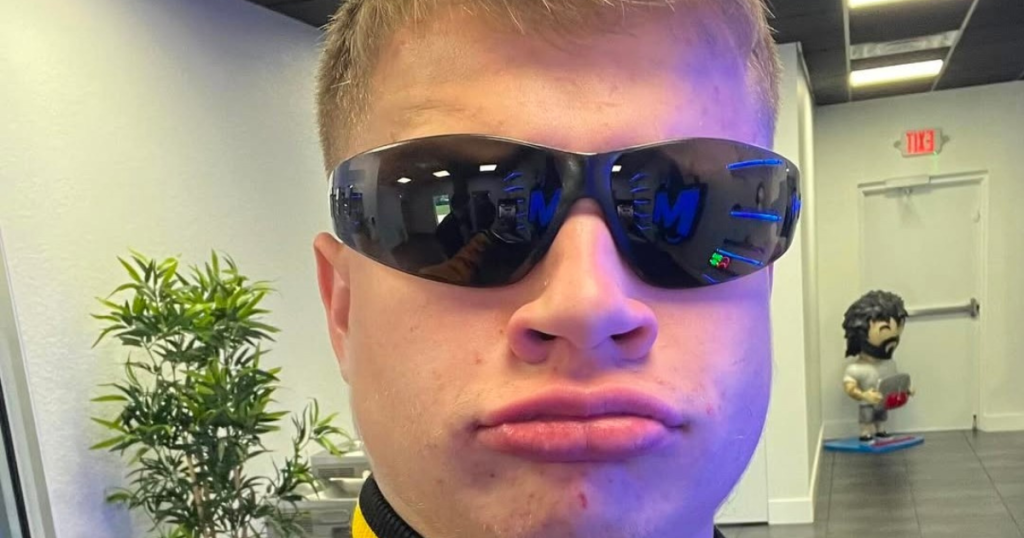Emiru, a well-known name in the world of gaming and content creation, has gained a massive following across multiple platforms. With her engaging streams and vibrant personality, she has made a significant impact on the gaming community. But who exactly is Emiru?
| Attribute | Details |
|---|---|
| Full Name | Emily Schunk |
| Stage Name | Emiru |
| Date of Birth | January 3, 1998 |
| Age | 26 years old (as of 2024) |
| Height | 5 feet 5 inches (165 cm) |
| Net Worth | Approximately $1 million (as of 2024) |
| Occupation | Streamer, Content Creator, Cosplayer |
| Known For | Twitch streaming, League of Legends, cosplay |
| Social Media | Twitch, Instagram, Twitter |
| Group Affiliation | One True King (OTK) |
| Nationality | American |
| Ethnicity | Mixed ethnicity (Caucasian and Asian descent) |
Who is Emiru?

Emiru is an American content creator, primarily known for her presence on platforms like Twitch, where she streams a variety of games, including League of Legends. She also shares lifestyle content and personal experiences with her growing fanbase. Her unique combination of gaming skills, charm, and relatability has earned her a loyal following. Emiru is also recognized for her cosplay and creative online presence.
Emiru’s Real Name
Emiru’s real name is Emily Schunk. She has kept most of her personal life private, but over time, she has revealed small details about her identity through her streams and social media platforms. As a well-known streamer, Emiru’s ability to engage her audience through her content has helped her become one of the most recognized personalities in the gaming community.
How Old is Emiru?
Emiru was born on January 3, 1998, which makes her 26 years old as of 2024. Despite her young age, she has achieved tremendous success in her career and continues to be a major influence within the streaming and gaming scenes.
Emiru’s Height
Standing at around 5 feet 5 inches (165 cm), Emiru has a height that is considered average for a female in the U.S. However, her engaging personality and online presence are what truly make her stand out among her peers.
Emiru’s Net Worth
As of 2024, Emiru’s net worth is estimated to be around $1 million. This is largely due to her success on Twitch, YouTube, and other social media platforms. Her streams, sponsorships, merchandise sales, and collaborations with popular brands have all contributed to her financial success. Emiru has also garnered attention for her appearances in various gaming events and as a member of One True King (OTK), a popular gaming group.
Also Read: Jynxzi Net Worth
How Emiru Became Famous

Emiru’s rise to fame started with her engaging Twitch streams. Her ability to entertain while playing popular games like League of Legends quickly attracted viewers. She gained traction by consistently providing quality content, establishing herself as a personality that fans could connect with. Additionally, Emiru’s involvement in the online community through cosplay and collaborations with other content creators helped boost her visibility.
Her decision to focus on streaming, rather than traditional gaming tournaments, also helped her carve out a unique niche. Her work with One True King, a prominent gaming and content creation group, further accelerated her career.
Emiru’s Influence in the Gaming World
Emiru’s influence goes beyond gaming. She has become a cultural figure within the online space, with a significant following on social media platforms like Twitter and Instagram. Her content, which mixes gaming, personal moments, and lifestyle insights, has resonated with a wide audience. Fans admire her authenticity and the way she navigates the complexities of fame in the digital age.
Conclusion
Emiru has certainly made her mark as a content creator, streamer, and influencer. With a thriving career, a strong fanbase, and a growing net worth, it’s clear that she is here to stay. Whether you’re a fan of her League of Legends streams, her cosplays, or her candid interactions with fans, Emiru continues to inspire many in the gaming community. As she evolves, it will be exciting to see how she shapes the future of content creation.
FAQs
Q: What is Emiru’s real name?
A: Emiru’s real name is Emily Schunk.
Q: How old is Emiru?
A: Emiru was born on January 3, 1998, making her 26 years old as of 2024.
Q: How tall is Emiru?
A: Emiru is approximately 5 feet 5 inches (165 cm) tall.
Q: What is Emiru’s net worth?
A: Emiru’s estimated net worth as of 2024 is around $1 million.
Q: What games does Emiru stream?
A: Emiru is known for streaming games like League of Legends and Valorant, among other popular titles.

























